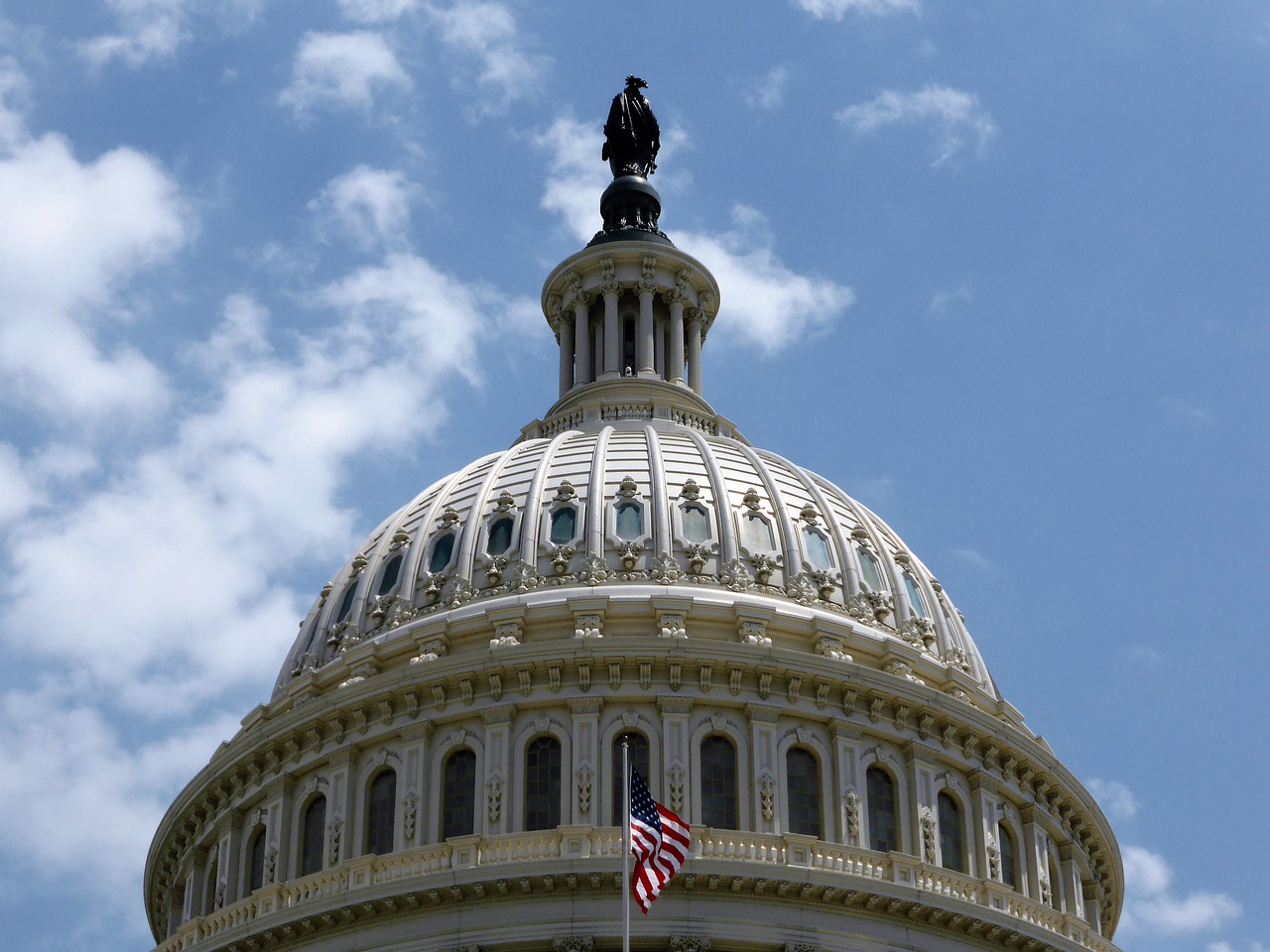Senator Elizabeth Warren Introduces a New Bill to Combat Crony and Corrupt Capitalism
On Wednesday, August 15, Massachusetts Senator Elizabeth Warren introduced a new federal bill in the United States Senate to reduce income inequality and regulate big businesses on Wall Street as well as across the country. The bill has been endorsed by 14 academic lawyers and economists from across the country, including from Cornell and Harvard.
The proposed legislation, officially called the Accountable Capitalism Act, would require all corporations with more than $1 billion in annual revenue to obtain a federal corporate charter in which it will mandate business directors to consider all major corporate stockholders, such as shareholders, employees, and customers, in business decisionmaking. The bill would also mandate all corporations to have at least 40% of their board of directors elected by their own employees and at least 75% of all corporate directors and stakeholders would have to approve any political expenditures such as donations to a political action committee or a candidate. Furthermore, the bill would block all corporate directors and officers from selling company shares within 5 years of gaining them or 3 years of a company stock buyback.
This is not the first time Warren has touted such as progressive record on Capitol Hill in recent years. The liberal senator and potential 2020 presidential candidate has also supported a Medicare for All single-payer universal health care system, tuition-free, and debt free public higher education, a $15 federal minimum wage, and the national decriminalization of cannabis. Warren is up for reelection in November and is expected to win another term.




